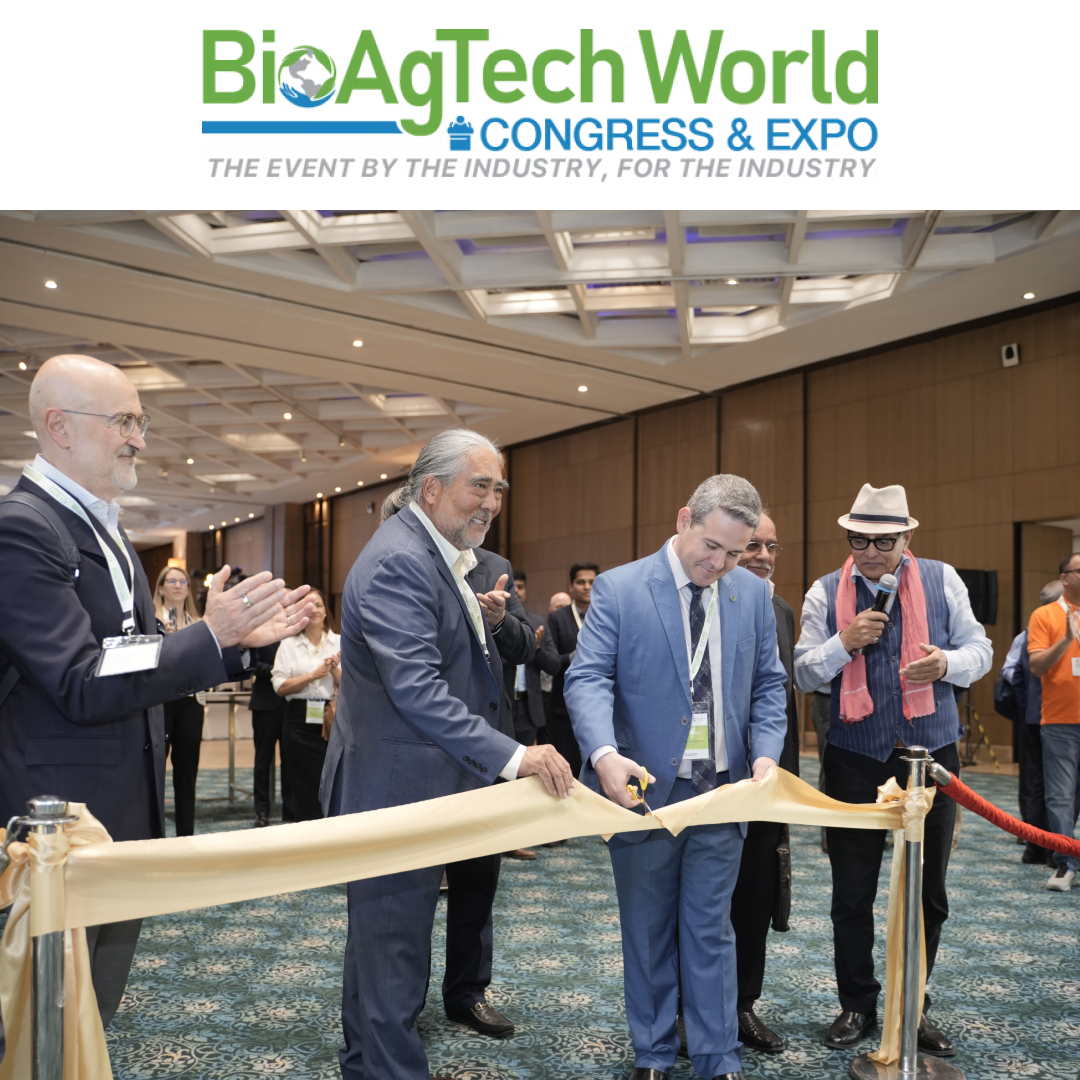The European Union has the ambition to lead the transition to a greener economy, respecting the planet ecosystems and climate. A considerable number of policies have been propelled in recent years around the objectives set forth by the EU Green Deal and the Farm to Fork strategy (F2F). One of these policies led to particularly polarized positions: the revision of the Sustainable Uses Directive (SUD, Directive 2009/128/EC) and a proposal to convert the existing SUD Directive into a Regulation. Let’s first address the legal ranks of a Directive versus a Regulation within the EU law, to better understand the polarization of this discussion around the Sustainable Uses Directive.
Today, EU member states have some freedom to implement the current Sustainable Uses Directive (Directive 2009/128/EC) because a Directive gives some room for Member States to adapt the Directive text into national law, i.e. a Directive gives directions but does not have a direct enforcement mechanism in the Member States. The current proposal to revise the Sustainable Uses Directive and convert it into a Regulation led to impassioned discussions, not least because a Regulation has a direct legal enforcement in all Member States of the European Union. And since a regulation does not need to be transposed into national law, there is no room for maneuver by Member States to “adapt” the text. Essentially, the rules in a Regulation must be enforced as such whereas the rules in a Directive simple provide directions for what the national laws should encompass to achieve that Directive principles and objectives.
Several headlines have been written over the past months on the Sustainable Uses Directive (SUD) revision proposal, with some voices advocating for a Regulation instead of a Directive, arguing that the current SUD failed to deliver its principles and goals precisely because it was not a Regulation. The current SUD gave Member States the freedom to work around their National Action Plans (NAPs) within the SUD for the reduction of pesticides inputs and the promotion of alternative methods in crop protection.
Regardless of your stance on this topic, there are a couple of points that we can all agree on – not least for companies championing sustainability policies and supporting the transition to a greener economy – in alignment with the UN Sustainability Development Goals. One is that the EU has become less competitive at bringing to market innovative plant health technologies and that such a course must be reversed quickly, particularly towards biological control tools. The pace for registering new biocontrol products is one of the slowest in the world, and agencies have backlogs with renewal projects that are preventing them, time wise, from assessing the new products within the legal timelines. This needs to be addressed quickly to allow biological products to reach the market, and to speed up the extension of existing labels to cover other crops/targets. How can this target be achieved?
Firstly by including a definition of Biological Control in the SUR (Sustainable Uses Regulation), and afterwards establishing provisions to fast track the assessment of biocontrol technologies. Without such a legal definition, there is no mechanism for fast tracking biocontrol and little incentive for industry to bring new technologies to the EU farmers ahead of other regions.
Curiously, one of the main arguments used against the SUR proposal is that Biocontrol alternatives available in EU Member States are not enough to implement IPM strategies, with biology first, and chemicals input’s reductions into the environment. This argument is interesting in this context, because the reasons given to block the SUR is the current lack of biocontrol alternatives, yet without the SUR, the EU will be exactly in the same situation as today: lacking such alternatives because there is no mechanism to bring them faster to market. It seems that instead of pushing the accelerator pedal to reach the light at the end of the tunnel, some politicians are still inclined to extend the tunnel.
A biocontrol definition combined with a fast-track EU regulatory process is important to ensure that industry gets the products to the farmers much quicker. It will shorten the payback time for our investments by a factor of 2 or 3, thus creating incentives to companies to invest in innovation for biocontrol targeting the European agriculture conditions. Such moves will also trigger considerable green growth employment opportunities in Member States, with Start-ups and SMEs more confident to build biocontrol businesses in the EU Member States, attract more foreign investment, and place the EU as a global leader of innovation on the green economy stage.
The current status quo needs change, and the SUR is the only mechanism available today to provide a shift of course in the EU to accelerate biocontrol products authorizations. The current time to market of 8-10 years, for a new biocontrol product, is excessively long and discouraging of investment in the continent.
The targets on the reduction of chemical pesticides is a contentious discussion within the SUR, with the chemical industry strongly opposing the 50% targets and NGOs wanting much more than 50% reductions. Perhaps we should not focused so much on such figures during this discussion, but rather on how we promote the alternatives, how do we extend their accessibility to farmers, and how do Member States reward farmers who are willing to produce our food in equilibrium with the ecosystem and the preservation of the ecological services.
Hopefully, the discussion within the European Parliament and the EU Council will be fruitful and allowing for a new mechanism to promote biocontrol registration at a faster pace. The current 10 year duration to market is not compatible with the fast-paced changes facing agriculture, food systems and the climate.
Disclaimer: the text expresses solely the personal thoughts and views of the author on the topic and do not necessarily reflect views, opinions, or positions of any organization to which the author is affiliated.
Author: Dr. José Carvalho is currently Europe Regulatory Lead for Certis Biologicals (aka Certis USA L.L.C), chair of the IBMA Microbial Professional Group and member of the IBMA Council.






